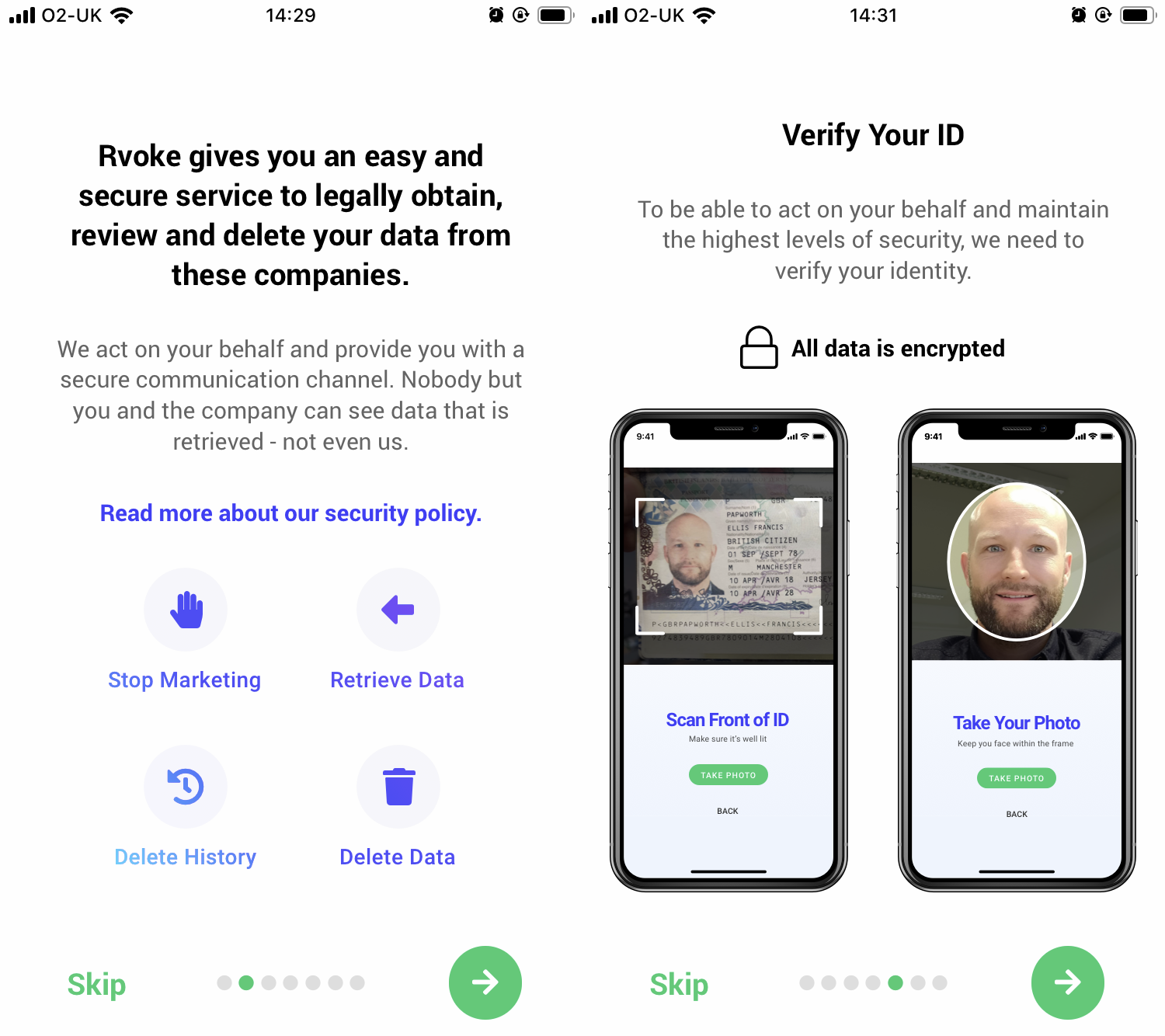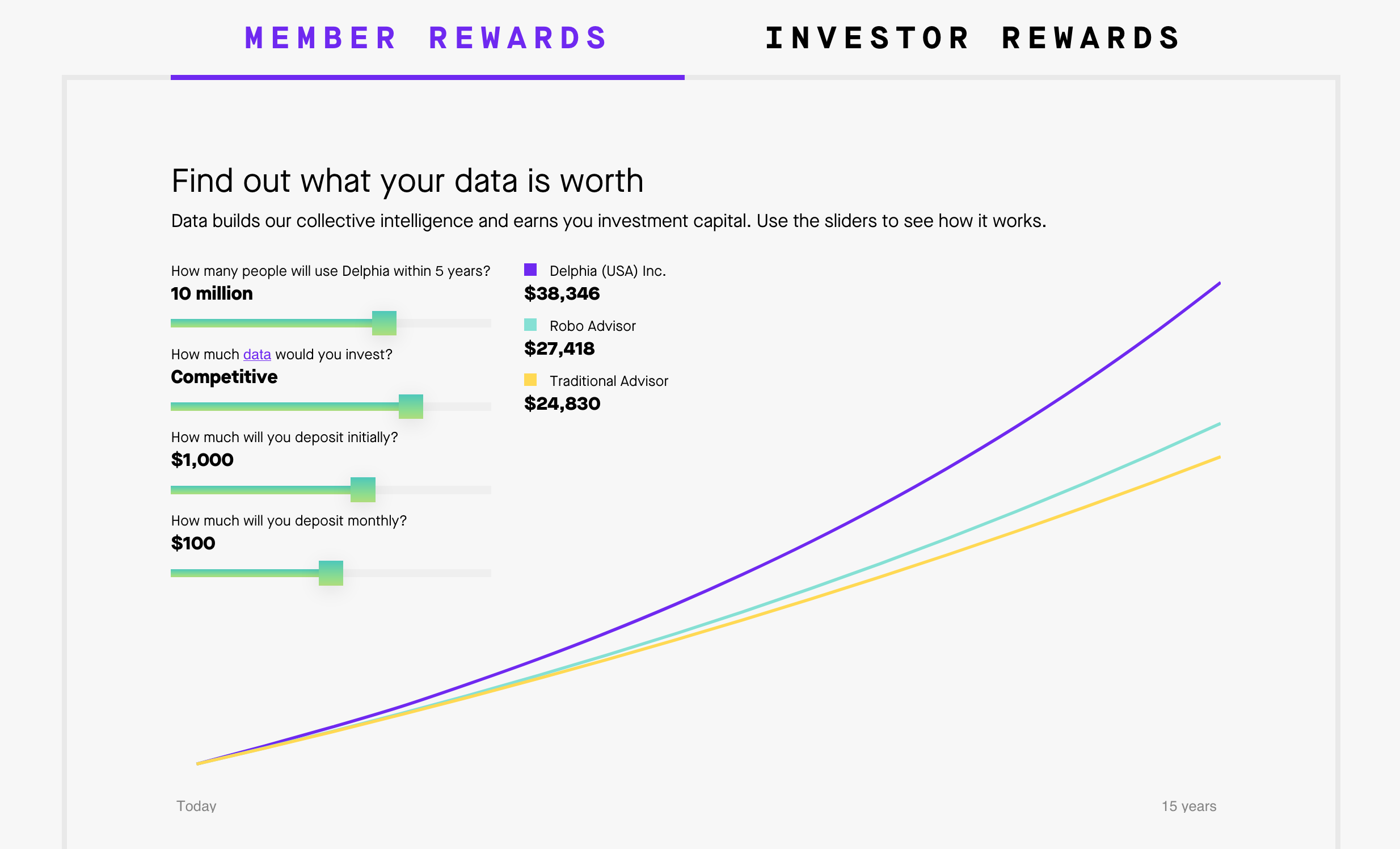There’s a new trend of apps and services who have made privacy their business.
Some will even pay users for their data. This is important because in the current infrastructure of the internet, we are not equipped to adequately value the data we produce by using online platforms. Sure, the platforms are free to use but the cost to the user is the incessant tracking of their behaviours for profit.
In these increasingly privacy-aware times, there are now businesses cropping up who’s model is built on the opposite: on helping users and other businesses protect and control their data, and even get paid for it.
While this is not a fix-all solution, these tools do seek to raise awareness of the issues we have with data — it gives users a say in what they can get out of their data, instead of having large companies value it on their behalf. Let’s look at a few of these tools…
Canopy
Who this is for: developers
What does it do? Canopy propose a new architecture for the internet — their site literally reads ‘stop the unfair value exchange’. They’ve built an SDK that can help you understand your audience without invading their privacy. That’s because:
- They learn what users like by looking data already present on the device
- They then disguise this with differential privacy so that no personal data can be read from it
- They use human curators to figure out what your audience might like.
🎉 Bonus thing for everybody: they built an app called Tonic which uses this tech. It gives you a personalised news feed of stuff to read; this is personalised in the real sense — not in the ‘we drop cookies to serve you personalised ads’ sense.
Rvoke
Who this is for: everyone.
What does it do: help you protect your data from exploitation, by managing any data about you that exists out there — deleting it, changing it, restricting it. Essentially, they make the process of doing a subject access request easier.

What Rvoke are doing is nothing new, but their messaging somewhat helps users understand how far their data may have gone without realising.
UBDI
Who this is for: marketers, individuals.
What does it do? UBDI stands for Universal Basic Data Income. This may already give you an idea of what they’re all about. Basically, you can choose to be included in studies, your data will be collected, and you will be paid. This is a fairly old-fashioned style of data collection (paid surveys) done in a new way (via… an app).
Their ideas very much root from the idea that marketing and advertising data is a billion dollar market that users and consumers get very little out of. UBDI allowed you to make money by producing data, but without giving away personal data — the data is more like ‘is a parent’ or ‘likes football’.
They also make market research tools: as we’ve seen from their consumer tool, they gather data in a fair an consensual way. So not only is it more accurate (because it is given directly to them, instead of scraped from a social media profile), it’s also ethically sourced.
Delphia
Who this is for: everyone, especially if you wanted to be referred to as an ‘investor’.
What does it do? It’s similar to UBDI in that you put data in and get money out, except the messaging is centred around looking at data like a resource. Their website reads ‘discover the value of your data’. The idea is that you can become an investor without money — you simply invest your data.

Technically, Big Tech companies such as Facebook or Google already look at your data in that way — their services are free, if you mean money. What you actually pay with is data. Delphia are flipping that narrative by creating a model in which you use your behaviours, habits, and opinions, as a valuable resource, and get money in return.
These tools are indicative of pivotal shift towards a more data-private future
None of the above tools are ‘built with privacy in mind’. Privacy is simply the core of their business — privacy is the product they are selling. This alone shows us how much the importance of data privacy as entered the collective consciousness. Removing that secret meaning behind the word ‘personalised’ can only be a good thing.
However it’s important that tools such as this are just a start — especially ones where you get paid for your data. These are at once a good way to raise awareness, and a temporary fix. They somewhat divert attention away from the bigger picture, which is that data can actually be used to achieve things and not just a way to make money.
So yes, these tools are great — but let’s not lose site of the end goal: creating an infrastructure which uses data to benefit everyone.
